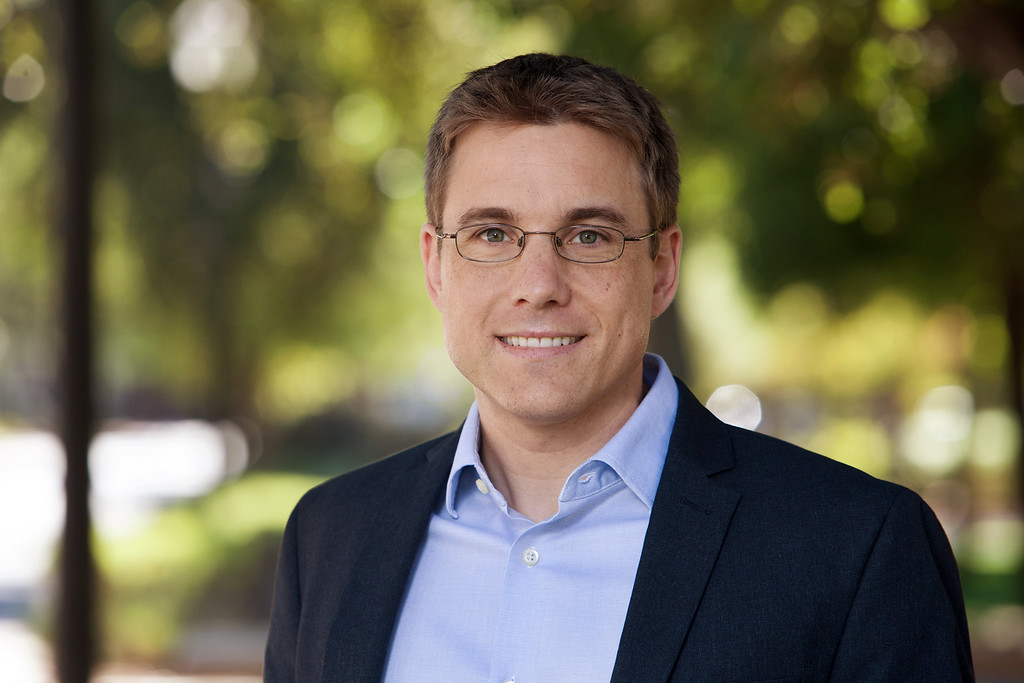Buy Now, Pay Later
Instant credit platforms can be hazardous to your financial health
“Buy Now Pay Later” platforms, such as Afterpay and Affirm, offer consumers almost instant access to credit for retail purchases without a hard credit check. While BNPL spending is projected to reach $1 trillion globally by 2025, little is known about its effects.
BNPL, which typically appears as an option during checkout on a retailer’s website, most often requires an up-front payment followed by three bi-weekly payments. While there are no fees if payments are made on time, missed payments can result in late fees from the BNPL provider and overdraft fees from the customer’s bank.
Total BNPL loans issued by the largest U.S. providers tripled in a single year, from $8.3 billion in 2020 to $24.2 billion in 2021. BNPL can benefit consumers without credit or replace high-rate credit cards or payday loans, but it could also allow customers to overspend and face the financial consequences.
Past surveys show 70% of users report spending more with BNPL than they would otherwise, 42% have missed payments and 25% signed up for BNPL to avoid a hard inquiry, which can impact a person’s credit score and remain on a credit report for up to two years. Soft checks don’t affect credit scores.

Ed deHaan, the Gerhardt G. Mueller Endowed Professor in Accounting at the University of Washington Foster School of Business, has been studying the impact of BNPL on financial health. His research finds that compared to non-users, BNPL users faced rapid increases in bank overdraft charges and credit card interests and fees.
Ahead of the biggest retail spending season of the year, UW News spoke with deHaan to learn more about BNPL.
What are the risks involved with BNPL?
Ed deHaan: Financial technology companies are doing amazing things and coming up with all sorts of products that could improve our lives and make us happier and better off. But there are also some risks involved, especially when for-profit companies start getting into everyday household economics spaces.
Here we have an innovation, Buy Now Pay Later, which due to some quirks of the regulatory system doesn’t fall under existing regulations that we have for products like credit cards. Therefore, it’s sort of free rein. This is not a product the financial regulatory system anticipated. What we’re seeing is that, in its current version, a lot of consumers are adopting BNPL who don’t really have the financial savvy or access to resources to understand what they’re using, and they are getting themselves into financial trouble.
How can research contribute to the future of BNPL as it continues to grow in popularity?
It’s no surprise that some people have been worried about the effect of BNPL on users for several reasons. We’ve seen time and time again that when we start giving easy credit to consumers, many people use it just fine. But there’s a material number of users who end up in financial difficulties. We’ve seen that for mortgages. We’ve seen that for credit cards. I recently taught my students a case on Sears credit cards in the 1990s and how the company got into a lot of trouble through predatory lending and then unethical debt collection practices. We have a lot of evidence that this happens repeatedly. BNPL is just another version of easy credit, and we suspect that some people are being harmed by this.
Regulators very clearly are worried about it because this product happens to fall through the cracks of existing regulation. I think if anybody had anticipated BNPL, it would have already been regulated. The current debate in the United States and around the world by regulators is not so much whether anything needs to be done to regulate BNPL, but rather how far those regulations should go.
Our analyses indicate quite stark, quite sudden declines in leading indicators of financial health for people who adopt BNPL. We can’t say anything broadly about whether these people on net are better or worse off. That’s very difficult. For example, if they are using this credit to pay for baby formula, then they might be better off overall. But certainly, BNPL seems to have all the leading indicators of a financial product that could get people into trouble.
